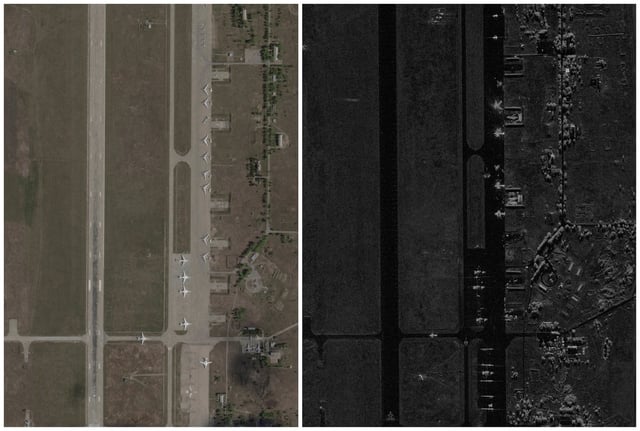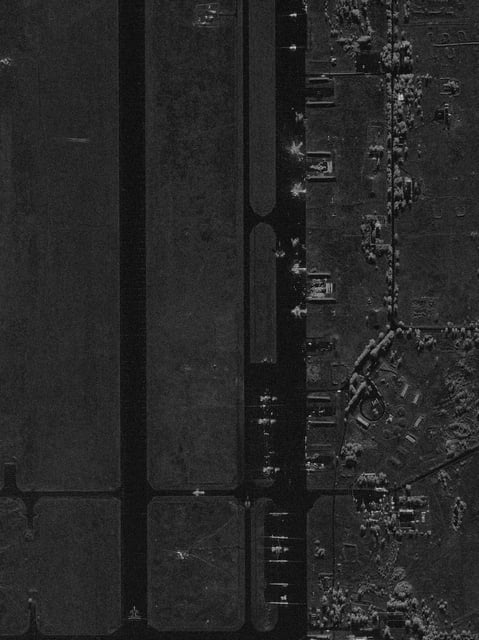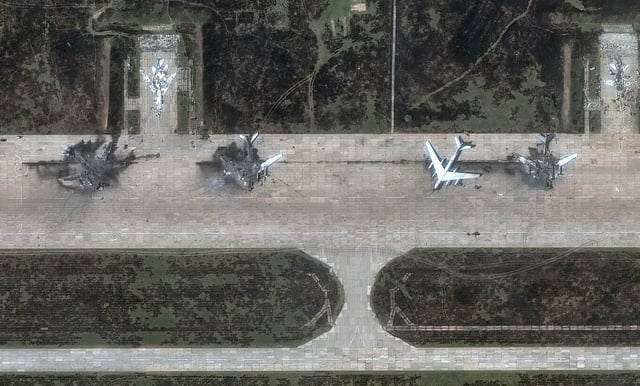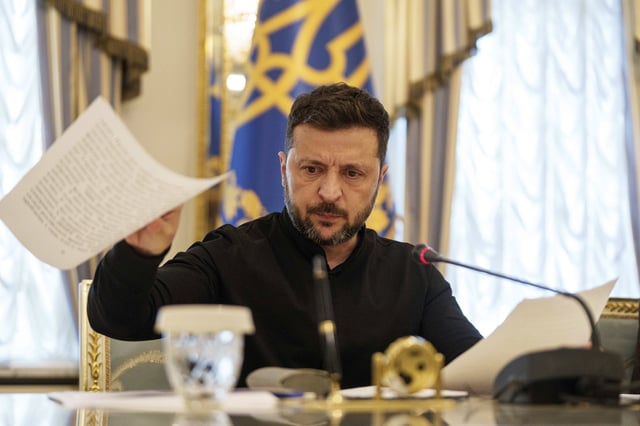Overview
- Ukraine’s Security Service deployed 117 drones in ‘Operation Spiderweb’ to strike at least four Russian airbases, destroying or damaging dozens of Tu-22 and Tu-95 strategic bombers
- President Putin told Donald Trump in a 75-minute call that Moscow will respond forcefully to the airfield strikes, rejecting a comprehensive ceasefire proposal
- An independent UN commission and Human Rights Watch found Russian drone attacks in Kherson deliberately targeted civilians, leaving 58 dead and 564 injured this year
- The UK Defence Department committed £350 million to deliver 100,000 drones to Ukraine by April 2026 as part of a £4.5 billion military aid package
- Istanbul peace talks yielded no breakthrough, with Russia offering only a brief truce to recover fallen troops and both sides preparing a large-scale prisoner exchange



